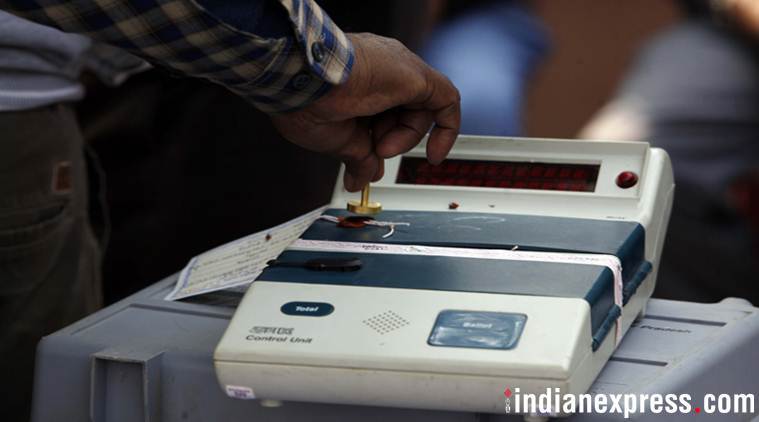Ranked-choice voting system could deepen democracy, prevent polarisation
Instead of mandating the ranking of all candidates, a voter can have the option of ranking up to three top choices: She may cast only a single-unranked-vote, or rank her top two or her top three candidates. Such a 1-2-3-vote system would deepen democracy and reduce political polarisation.

Elections to the Lok Sabha and Vidhan Sabhas take place under the first-past-the-post (FPP) system. Under the FPP, a candidate only needs to get more votes than any other candidate to win a seat. It over-translates the votes of the winning party into seats, which is why the BJP won over 50 per cent seats in Lok Sabha despite winning only 31 per cent of the popular vote in 2014. The FPP also encourages political polarisation because a party with a sufficiently energised base needs to convince a relatively small number of unaffiliated voters in order to win an election. A party opposed by a majority of voters forms the government.










.png)




























No hay comentarios:
Publicar un comentario